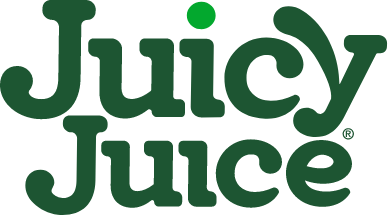Important Speech Milestones


There is a wide range of speech and language development that is considered normal. Early or later speech within that range is not linked to intelligence or reading ability. However, you should expect to see the following in your child:
- 18 months: Use of single words and phrases such as “bye-bye;” use of nouns, verbs, and gestures, alone or in combination, to convey meaning; ability to follow simple instructions.
- 24 months: Use of two- and three-word phrases; increased understanding of what others are saying.
- 30 months: Use of plural nouns and sentences that contain negatives; asks what and where questions; names and understands a color or two.
- 36 months: Knows a familiar tune or song; asks why and who questions; understands “under,” “behind,” and “on”; can designate the actions associated with objects in pictures.
Delayed Speech
Speech can be delayed for a number of reasons. However, it is essential to check out possible medical reasons, including impairments to a child’s hearing, ability to coordinate the muscles in the tongue, lips, and mouth, or to process language properly. Some auditory problems can be greatly relieved if treated early enough. Once medical problems have been ruled out, other reasons for delayed speech include:
- Preference for gestural language. Over-attentive parenting can make it less necessary for a child to speak since the parent is talking for everyone. Refusal to speak can also be a form of negativism. So stand back a bit to encourage the little guy to work with words to let you know what he means and wants.
- Bilingual households. Children raised with more than one language can often take up to an extra year to start speaking as they grapple with the sounds and vocabulary of two tongues. But they will typically speak both languages fluently when they finally do start talking – a nice reward for the wait!
Speech Impairments
As to speech impairments, it’s important to distinguish trial-and-error mistakes from real problems. It is perfectly normal for children to stutter or stammer, or to get syllables or sounds reversed as they are mastering language. However, you should consider a professional evaluation if these problems persist or if you see difficulties in any of the following areas:
- Sound quality (such as high pitch, excessive nasal quality, or shrill sound)
- Conversation (an inability to follow and respond to another or to take turns in communicating)
- Meaning (excessive repetition of words with no context or no communicative purpose or intent)
- Responsiveness (regularly under- or over-reacting when spoken to)
Speech therapy is increasingly used. Being on the safe side is generally a good idea. But in today’s push to accelerated learning, I have some concern that children who are otherwise developing just fine are being plucked form the playroom and put in a therapist’s office with questionable net gain.
From the book Me, Myself and I: How Children Build Their Sense of Self – 18 to 36 Months by Kyle D. Pruett, M.D.


